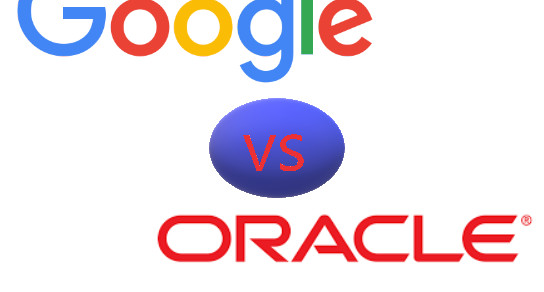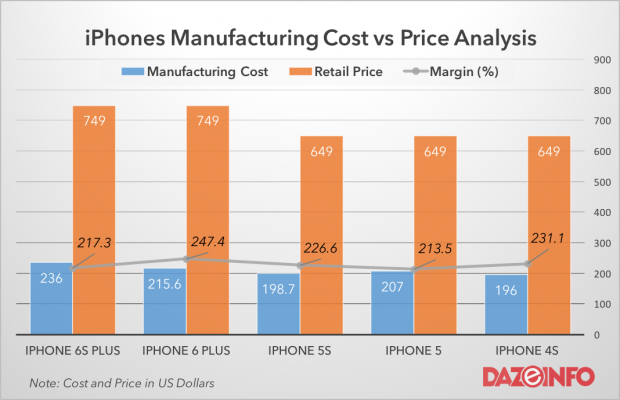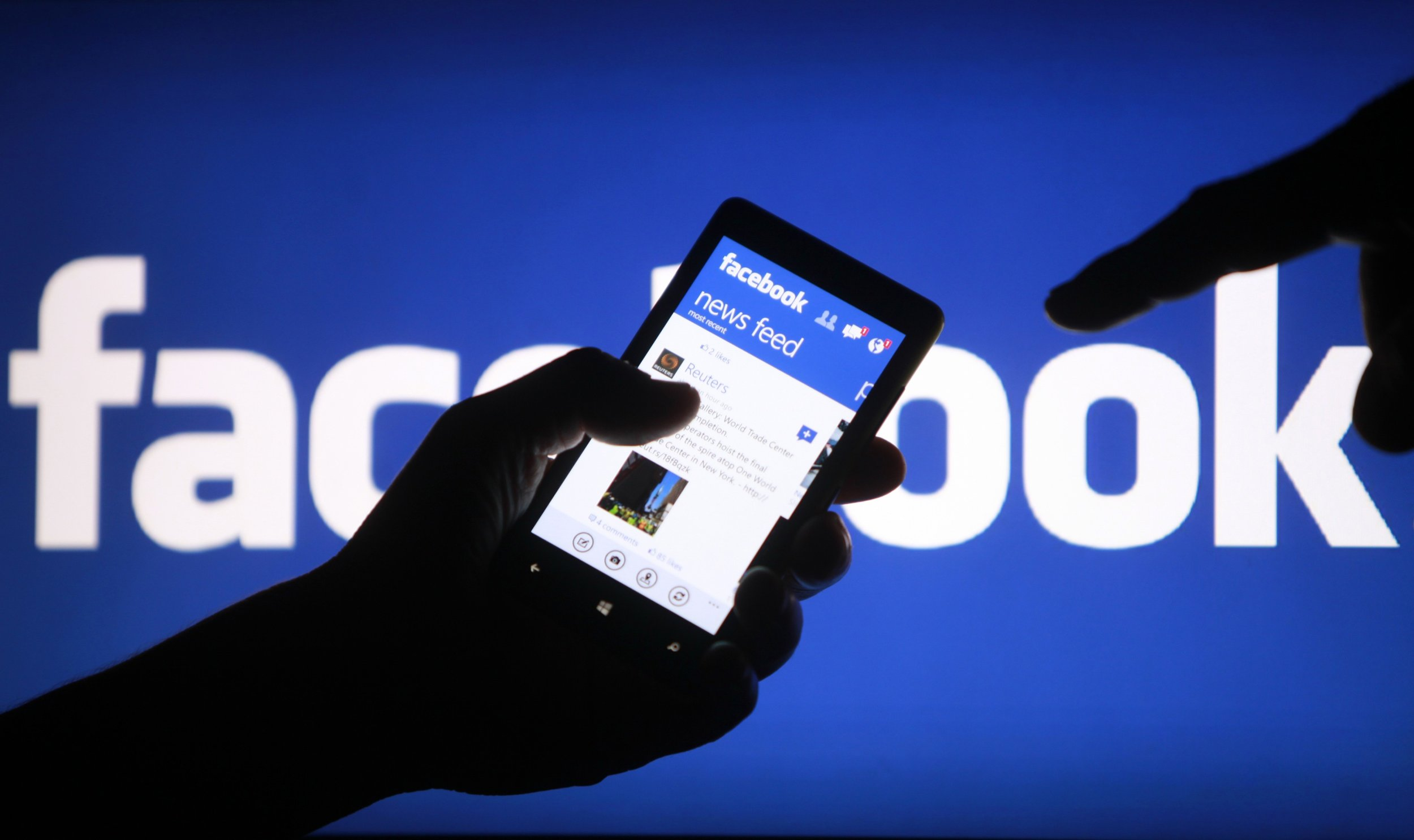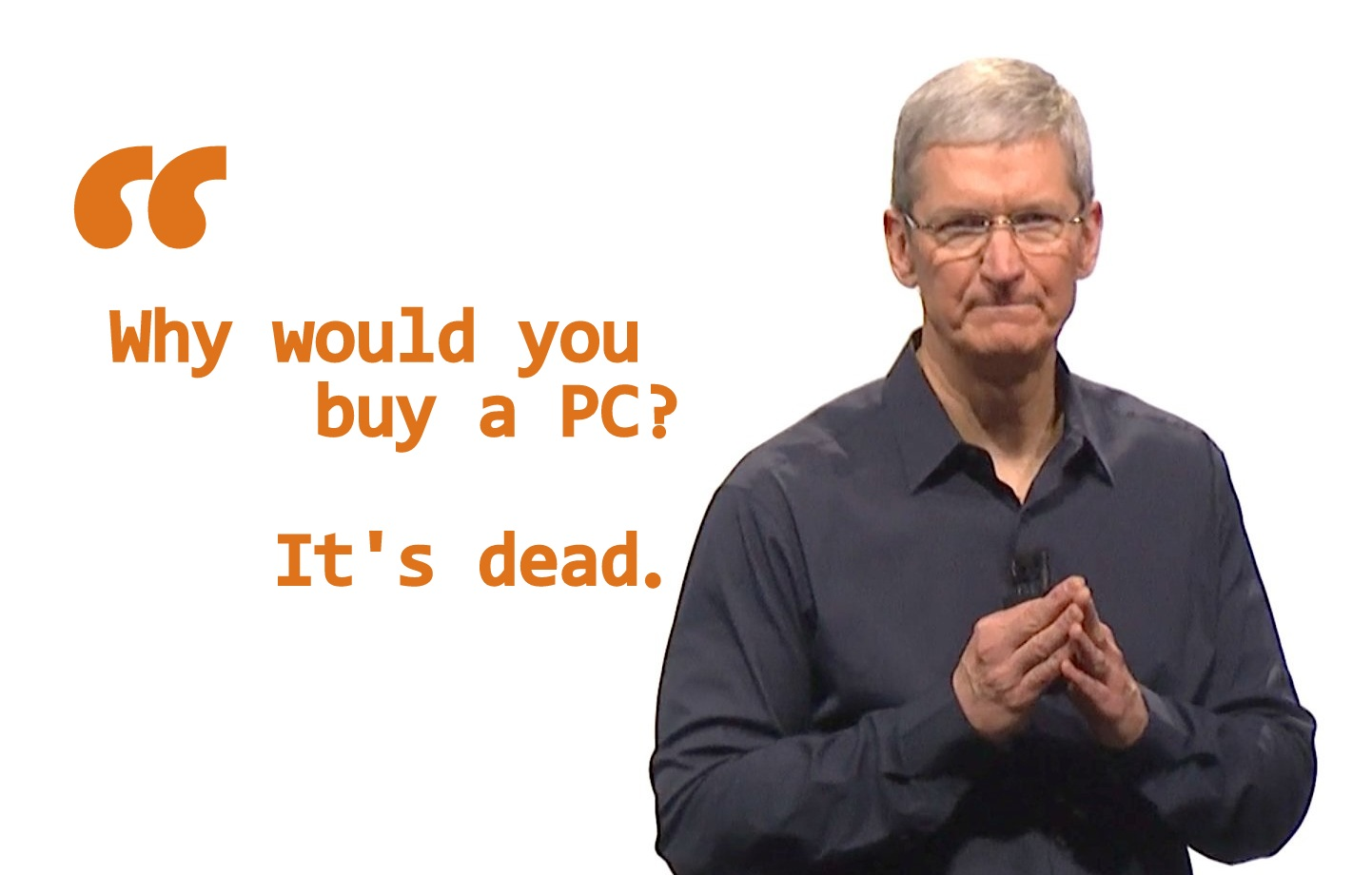The legal saga surrounding Oracle Google Java copyright has become a critical issue in the tech industry, igniting discussions about copyright infringement and intellectual property rights. Oracle has challenged Google, claiming that the tech giant unlawfully utilized Java code to develop the Android operating system. This accusation is rooted in accusations of significant damage to Oracle’s Java business due to Google’s extensive use of Java APIs without authorization. The Oracle vs Google case has not only implications for both firms but also sets a precedent for future copyright claims in software development. As the battle unfolds, it raises urgent questions about innovation, ownership, and the limits of fair use in an ever-evolving digital landscape.
At the heart of the contentious Oracle versus Google dispute lies significant debate over copyright protections in software development, particularly regarding the Java programming language. Oracle contends that Google’s Android platform infringes upon its intellectual property by replicating core functionalities of the Java API without proper licensing. This ongoing legal conflict has profound implications for the software industry, as it challenges what can be considered fair use in the creation of new technologies. As Google extends its product offerings from smartphones to diverse tech ecosystems, Oracle argues that such actions have undermined the commercial viability of its Java solutions. With the swift evolution of mobile platforms, the boundaries of copyright and innovation are increasingly put to the test.
Understanding the Oracle Google Java Copyright Issue
The ongoing legal battle between Oracle and Google revolves around the allegation that Google has copied code from Oracle’s Java platform to develop its Android operating system. This accusation is not just limited to a few lines of code but extends to the structure and organization of Java APIs, which Oracle claims are integral to its platform. As such, the Oracle Google Java copyright argument represents a pivotal point in intellectual property rights as it explores the boundaries of coding practices permissible under copyright law.
With the proliferation of Android devices spanning smartphones, smart TVs, and various smart appliances, Oracle asserts that this unauthorized use of Java APIs has caused a significant decline in Java’s market dominance. The legal implications of this case highlight the fine line between innovation and infringement, raising important questions about how developers can build upon existing technologies without infringing on copyright protections.
Impact of the Oracle vs Google Case on the Software Industry
The Oracle vs Google case illustrates the intense scrutiny surrounding software copyrights, particularly in the rapidly evolving tech landscape. Oracle’s claims that Google’s Android system, by infringing on its Java API copyrights, has fundamentally disrupted the Java ecosystem resonate with many in the software industry. This case serves as a warning for developers and corporations alike about the potential legal repercussions of using proprietary code without proper licensing.
As companies seek to innovate and create competitive products, the residual effects of the Oracle Java lawsuit could lead to more cautious approaches in software development. The case’s outcome could set a precedent that impacts how software integration and layering occur in future projects, possibly stifling creativity if stringent legal boundaries are established that deter developers from utilizing third-party applications.
The Growing Concern of Java API Copyright Infringement
Oracle’s assertion that Google has unfairly exploited Java APIs is particularly poignant in light of the expansive growth of the Android operating system. The case underscores the importance of protecting intellectual property rights in an environment where code reusability and adaptation are critical to innovation. Oracle claims that by utilizing the Java API codes within Android, Google has not only harmed its business but has also diminished the future potential of Java as a pivotal technology within the mobile space.
The ramifications of this copyright infringement controversy will likely resonate beyond Oracle and Google, prompting discussions throughout the software industry regarding best practices for API use and integration. If the courts rule in favor of Oracle, it could lead to a more rigid framework surrounding API usage, possibly necessitating changes in how new technologies are developed and shared.
The Role of Fair Use in the Oracle Google Litigation
The concept of fair use has emerged as a central theme in the Oracle vs Google litigation, with previous rulings highlighting the complexity of determining what constitutes acceptable copying in software development. As this legal drama unfolds, the dual nature of fair use raises questions about how software can evolve while respecting intellectual property rights. Google’s defense is largely predicated on the argument that its use of Java’s APIs falls within fair use, providing a counter-narrative to Oracle’s infringement claims.
The implications of fair use in programming could directly affect future litigation cases, especially as technology firms continue to push the envelope in creating transformative products. If the courts ultimately stipulate that certain programming interfaces can be subject to fair use, it might embolden firms to adopt bolder strategies in technology development. Conversely, a ruling against fair use could significantly constrain how businesses approach software creation.
The Future of Java in the Shadow of Android
As the Oracle Google lawsuit unfolds, the future of Java hangs in the balance. Historically a cornerstone of mobile development, Oracle contends that the massive expansion of Android has undermined Java’s relevance in the mobile operating system ecosystem. This struggle raises concerns about the sustainability of the Java platform, broken down further by the market dominance of Android and how it capitalizes on Java technologies without compensating Oracle.
Looking forward, the implications of how this case resolves will resonate far beyond Oracle and Google, influencing developers, enterprises, and legal frameworks governing software. Should Oracle succeed, it may usher in a renewed focus on licensing agreements and more stringent compliance requirements that could either reaffirm Java’s significance or lead to its obsolescence in the mobile domain.
Google’s Expansion and Its Legal Consequences
Google’s expansion from mobile phones into a myriad of sectors, including wearables and smart devices, has put its legal battles with Oracle into sharp focus. The company faces accusations that its growth and diversification are facilitated by infringing on Oracle’s Java capabilities, leading to arguments that its practices are damaging both to Oracle’s business structure and to the integrity of Java as a foundational technology.
As the market shifts towards interconnected smart devices, the implications of the outcome of Oracle’s lawsuit against Google reach into broader technological advancements. A decision may result in either reinforcing intellectual property laws guiding software or potentially curbing innovation by imposing greater restrictions on how tech companies might leverage existing technologies in their product offerings.
The Legal Landscape Shaping Software Development
The Oracle vs Google case exemplifies the pressing legal landscape that shapes software development today. With the rise of complex intellectual property litigation involving technology firms, developers must navigate a labyrinth of copyright laws that dictate how code can be reused or adapted. This litigation underscores the need for clear guidelines to avoid infringing on established copyrights while still fostering an environment of innovation and creativity.
As tech companies increasingly vie for their place in the market, understanding the nuances of software licensing becomes critical. The evolving dynamics of the Oracle Java lawsuit may set significant precedents that impact how businesses approach software development strategies and create inclusive yet legally sound environments for incorporating third-party technologies.
Exploring the San Francisco Jury Verdict and Its Implications
The 2012 San Francisco jury verdict that determined Google infringed on Oracle’s copyright but was uncertain about fair use has left a complex legacy. This division among jurors highlighted the challenges courts face in adjudicating the nuanced world of software development. The implications of this verdict resonate through the tech community, as it reinforces the ambiguity surrounding what constitutes fair use in programming—a crucial element for future lawsuits.
The aftermath of this case continues to shape perceptions of copyright in the software realm, as both Oracle and Google prepare for possible further litigation. The jury’s findings might encourage complementary discussions on how programming interfaces can be legitimately utilized while safeguarding the original creators’ rights, thereby affecting future approaches to coding and technology development practices.
The Broader Context of Copyright in the Tech Industry
The Oracle Google lawsuit serves as a critical touchpoint in the broader context of copyright issues prevalent in the technology industry. As businesses intensify their innovation efforts, the lines between inspiration, collaboration, and infringement can become blurred. This case emphasizes the necessity for clearer legal distinctions regarding the use of APIs and programming codes to ensure that both legacy and emerging technologies can coexist sustainably.
In an industry marked by rapid change, aligning the needs of innovation with the rights of intellectual property holders remains a significant challenge. How the courts resolve the Oracle Google case may catalyze more robust legal frameworks that aim to protect original software while enabling developers to build upon foundational technologies responsibly.
Frequently Asked Questions
What is the Oracle vs Google case related to Java copyright?
The Oracle vs Google case concerns allegations by Oracle that Google infringed on its Java copyright by copying code and utilizing Java APIs in the development of the Android operating system. This legal battle has significant implications for the software industry, primarily focusing on copyright infringement and the use of programming interfaces.
How did Oracle accuse Google of Android operating system copyright infringement?
Oracle accused Google of copying thousands of lines of code from the Java platform to create various versions of the Android operating system. The lawsuit claims that this copying of code, as well as the structure and organization of the Java API, constitutes direct copyright infringement, harming Oracle’s business in the process.
What impact has the Oracle Java lawsuit had on Oracle’s business?
The Oracle Java lawsuit has reportedly caused significant harm to Oracle’s Java business, as the widespread use of the Android operating system has undermined the value of Java as a mobile device operating system, limiting Oracle’s market share and revenue sources.
What are the main arguments in support of Oracle in the copyright case against Google?
Oracle’s primary arguments include the claim that Google unlawfully copied substantial portions of the Java code and APIs for Android, thereby infringing Oracle’s copyright. They assert that due to Android’s market dominance, this infringement has severely damaged Oracle’s Java business and reduced its competitive edge.
How did the legal proceedings evolve for the Oracle vs Google case?
The Oracle vs Google case has gone through various legal interpretations, with mixed decisions on whether Google’s use of Java APIs constitutes fair use. A jury initially ruled that Google had infringed Oracle’s copyright, but subsequent appeals led to differing interpretations regarding the copyright protection eligibility of Java programming interfaces.
Why is the Google Android infringement of Oracle’s Java APIs significant?
The Google Android infringement case is significant because it raises important questions about copyright law, particularly regarding programming interfaces and their protection. The outcome has implications for software development practices, open source licensing, and how companies utilize libraries and APIs in their products.
What remedies is Oracle seeking in its case against Google?
In the lawsuit, Oracle is seeking a declaratory judgment to affirm its copyright claims, an injunction against Google to prevent further use of the Java APIs without authorization, monetary damages for the infringement, and reimbursement for legal costs.
What was the outcome of the 2012 jury decision regarding Google’s Android copyright infringement?
In 2012, a jury found that Google had infringed on Oracle’s copyright, but the question of fair use was contentious. A judge later determined that Java programming interfaces did not qualify for copyright protection, a decision that was partially overturned by a federal appeals court, recognizing some aspects of the APIs may be protected under U.S. copyright law.
How have the ongoing legal battles affected developers using Java and Android technologies?
The ongoing legal battles between Oracle and Google have created uncertainty among developers using Java and Android technologies, as they must navigate the complexities of copyright law and potential implications for using APIs and code that are at the heart of the dispute.
What is the current status of the Oracle Google Java copyright lawsuit?
As of now, the Oracle Google Java copyright lawsuit remains an ongoing legal conflict, with significant rulings by various courts impacting the outcome. The case continues to evolve, influencing both tech companies and software development practices.
| Key Point | Details |
|---|---|
| Oracle’s Accusation | Oracle accuses Google of copying code from Java to create the Android platform. |
| Impact on Java Business | Oracle claims that the growth of Android has significantly harmed its Java business. |
| Court Action | Oracle has filed a lawsuit against Google for copyright infringement related to new Android versions. |
| New Android Versions Included | The lawsuit now includes Android versions: Gingerbread, Honeycomb, Ice Cream Sandwich, Jelly Bean, Kit Kat, Lollipop. |
| Nature of the Claim | Oracle states these Android releases copy thousands of lines from the Java platform. |
| Market Concerns | Oracle believes Google is destroying the market for Java with its use of these APIs. |
| Legal Proceedings | A jury previously found Google infringed Oracle’s copyright but debated the issue of fair use. |
| Judicial Decisions | A judge ruled that Java APIs are not copyright-protected, a decision later partly reversed. |
| Consequences for Google | Oracle claims the unauthorized use has destroyed Java’s fundamental value proposition. |
Summary
Oracle Google Java copyright is a critical issue as Oracle continues its legal battle against Google, accusing it of unauthorized use of Java code in Android. The ongoing lawsuit highlights the tension between software development and copyright laws, as Oracle seeks to protect its intellectual property and address the detrimental effects on its business from Android’s dominance in the mobile market. This situation underscores the importance of copyright in the tech industry and the implications for innovation and market competition.








